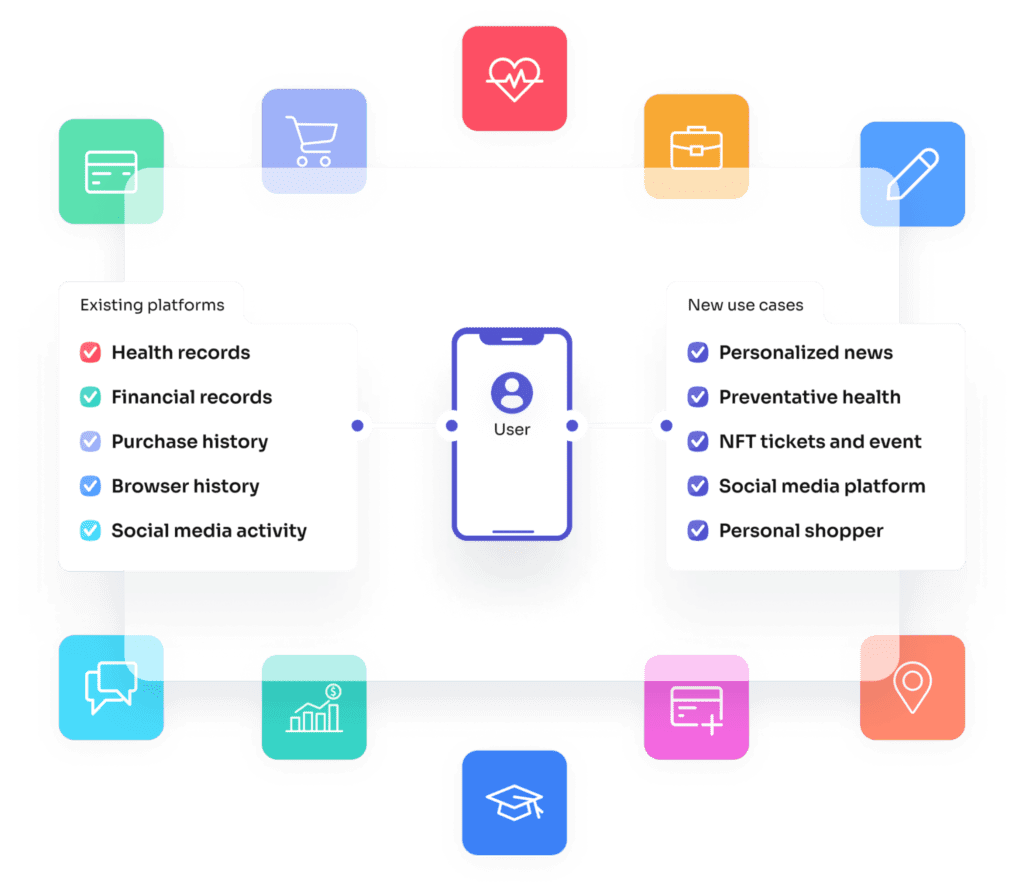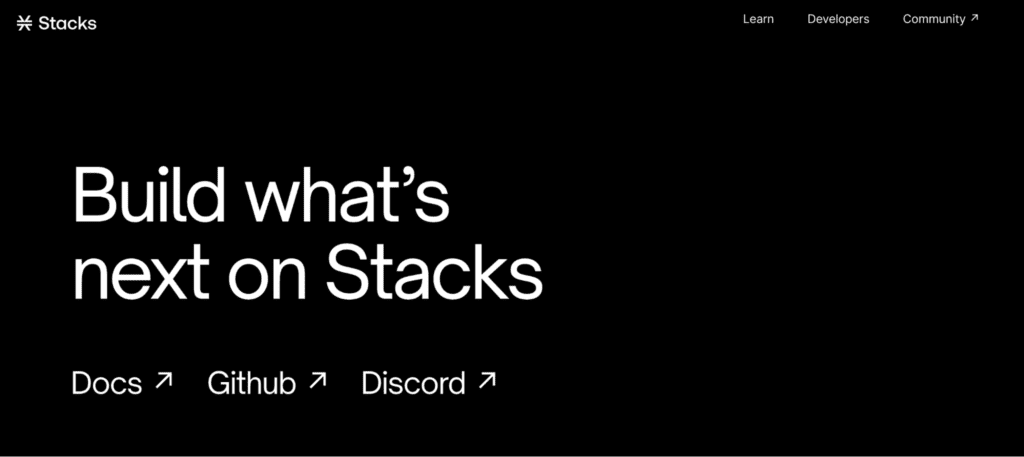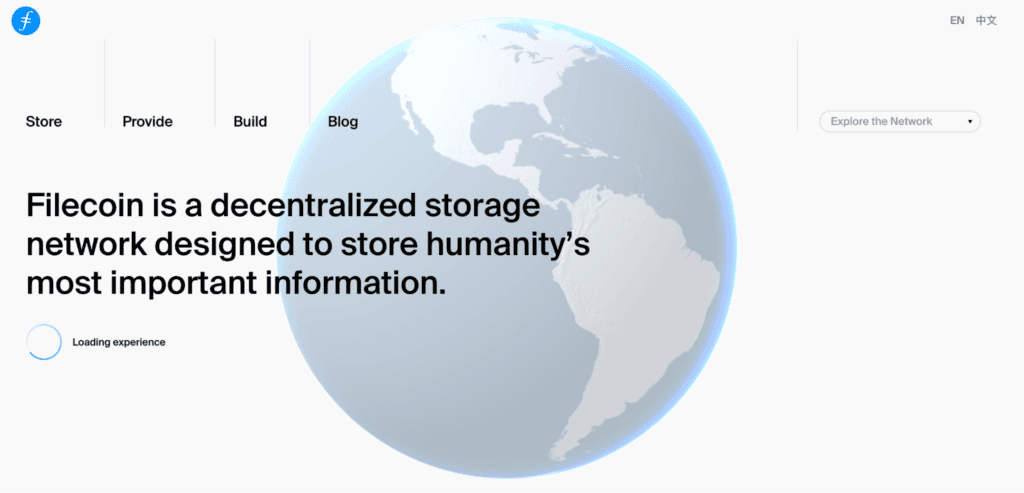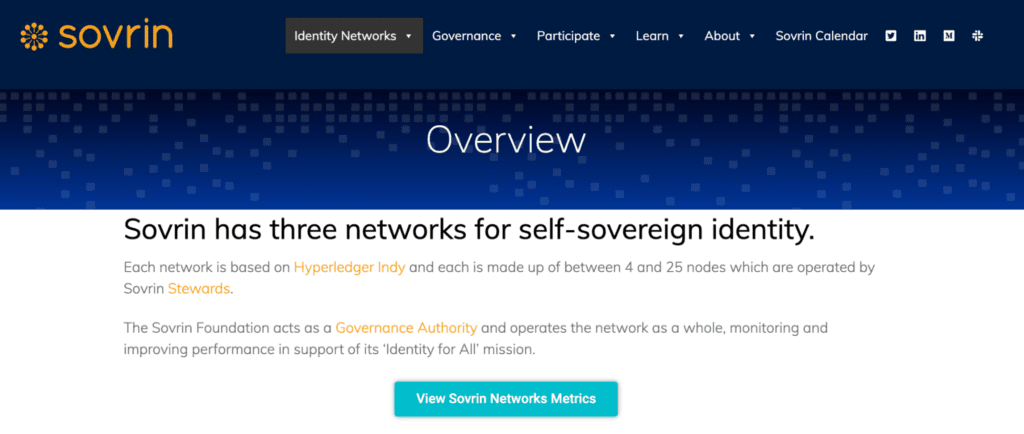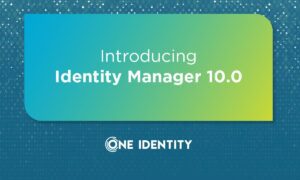User privacy and identity protection are two critical concepts in our society that large tech corporations have massively exploited and taken for granted. Corporations like Facebook, now Meta, have a long history of invading user privacy and identity. Other corporations have been accused of disclosing user information to large research firms without their consent. To back this up, Facebook was fined $5 billion in 2019 for gross violations of user data and privacy.
Centralization is commonly associated with user privacy issues and a lack of identity protection. Although the concept of decentralization is not new to some of us, it has been in existence for over a decade now, with the release of the Bitcoin whitepaper in 2009 sparking a turning point for the world that most people were unaware of at the time. Since then, blockchain technology has been used in various ways. We are gradually transitioning from web2 to web3, with new startups leveraging blockchain technology further to strengthen user data and identity protection through decentralization. This article will look at identity-building tools for web3 developers to create decentralized identities while protecting user privacy.
Verida
Verida is a research project that began in 2018 to decentralize user privacy control and create decentralized identities. Users can create new decentralized identities, blockchain wallets, manage private keys, and enable single sign-on across an ecosystem of decentralized apps on the verida network. The Verida network was created to address the issues associated with Web2 platforms regarding privacy and identity protection. Furthermore, Verida’s infrastructure enables user data connection to the blockchain from both centralized and decentralized applications. As a result, users have complete control over how their data is used and shared. Chris Were and Ryan Kris are the founders of Verida, a self-sovereign technology solutions project. Verida’s goal is to accelerate web3 adoption by developing a builder’s toolkit for web3 developers to create decentralized data and privacy projects easily.
Blockstack
Blockstack, also known as stacks, is a Bitcoin-based open-source network of decentralized apps and smart contracts. Blockstacks use Bitcoin because it is essential for internet infrastructure. Developers can use blockstacks to create and leverage open source protocols to create fully decentralized applications with decentralized user data and identities on the Bitcoin network. In addition, developers on blockstacks benefit from the security of bitcoin transactions and the speed and flexibility of stacks.
Filecoin
Filecoin is a blockchain-based decentralized cloud storage and data retrieval network designed to encourage decentralized storage. Filecoin was created to help developers create secure and straightforward web3 applications. Filecoin aims to change the current state of the data storage industry by removing centralization, controlling data, and ensuring data integrity. Protocol labs created Filecoin, which is built on top of the interplanetary file system. Users are custodians of their data on the filecoin network due to the decentralized storage protocol.
Sovrin
Sovrin is another protocol leading the charge for decentralized projects aimed at protecting user data and identity. The Sovrin network is a public network chain designed for self-sovereign identity. Sovrin primarily operates three networks, all of which are based on the “Hyperledger Indy.” Decentralized applications can be built on Sovrin’s networks, which include BuilderNet, StagingNet, and MainNet. Sovrin’s BuilderNet is free for web3 developers to use, but the StagingNet and MainNet are not. Sovrin is a codebase governed by the Sovrin Governance Framework and aims to improve identity protection on Web3.
Conclusion
In today’s society, data and identity protection are two critical concepts that require improvement. With the advent of web3 and blockchain technology as the foundation, startups such as Verida and Filecoin aim to make developer onboarding to web3 as seamless as possible, providing developers with all the necessary tools and resources to build self-sovereign decentralized applications that protect user privacy and data.


